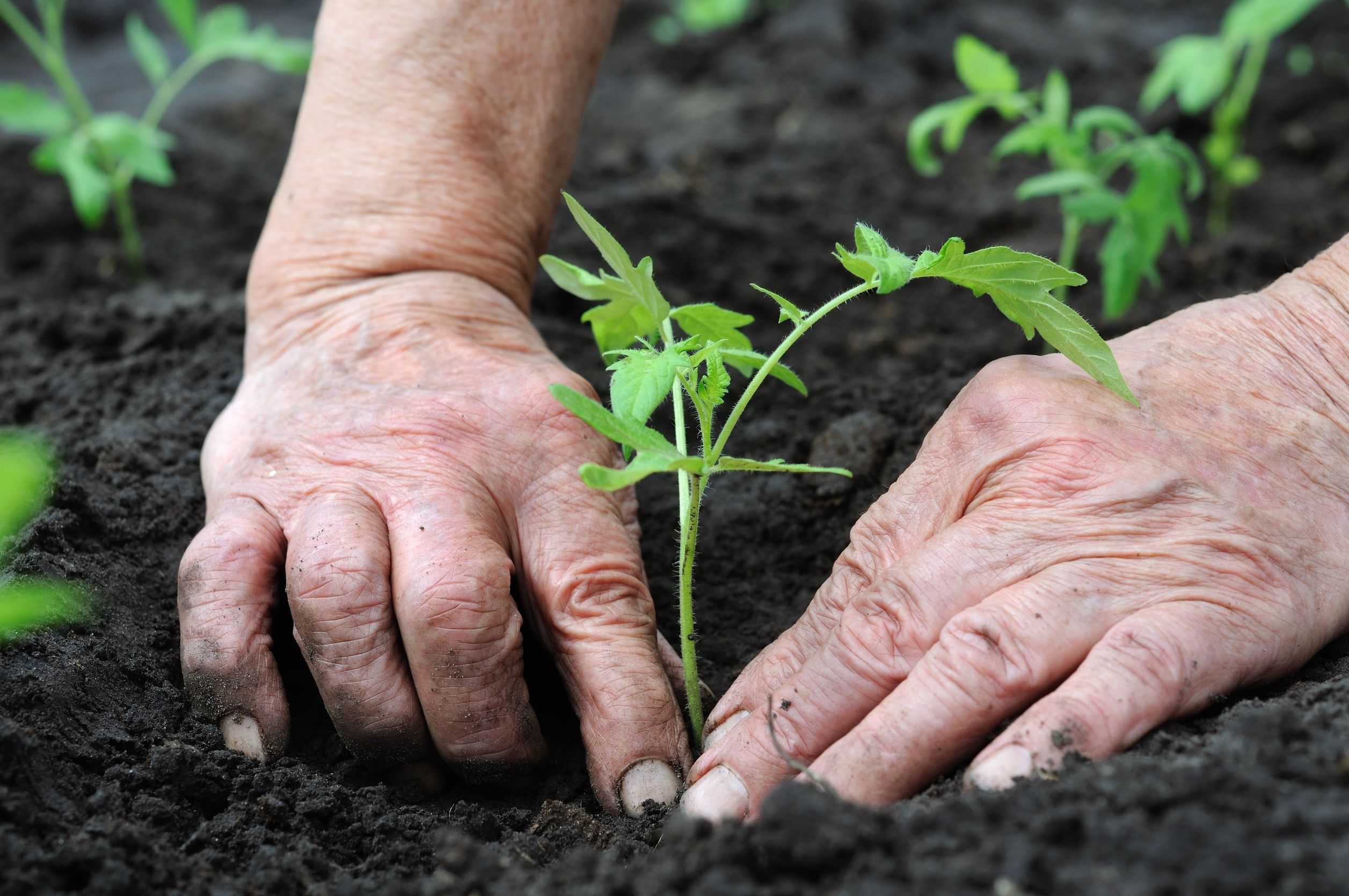“Rejoice always, pray continually, give thanks in all circumstances; for this is God’s will for you in Christ Jesus.”
~ 1 Thessalonians 5:16-18
Ok, so in my last post, Interrupt Stress With Gratitude, we talked about how making gratitude a way of life, can improve your health and help you live a longer and more fulfilling life. But what happens if you’re not a natural ray of sunshine?
What happens if your glass is not always half full? Good news! By following a few thoughtful steps, anyone can cultivate the virtue of gratitude. First, make the decision to be grateful. Second be intentional about consistently cultivating gratitude. Third, keep a journal and finally, develop a method of prayer and meditation that expands your heart.
1. Make the Decision
We always have a choice, even if it’s how we choose to respond. When we choose to be grateful, we begin to look at things a bit differently. We begin looking for things to be thankful for. When we choose to be thankful, we look for what is going well, instead of what isn’t. The first step to developing any good habit, is to decide to do it. Choose to live with an attitude of gratitude.
2. Be Intentional
Choosing to be intentional about cultivating thankfulness in our lives, requires us to do it “on purpose”. I mean we can’t just expect that once we make the decision, we can go about life as usual. Instead, we need to create the time and space for gratitude to take root in our lives. To be intentional we need to consider timing, disposition, place, and method.
It is said, timing is everything! Cultivating the habit of gratitude is no different. If we want to be successful at this endeavor, we need to consider the timing. How much time will you need? What time of the day is best? Whatever you decide, consistency is key. Be jealous of this time as if it were an important appointment.
Place and disposition are equally important, since they can influence your ability to be consistent with keeping your commitment. The place you choose can either promote a disposition of openness to learning, or it can create an inner tension that closes us down and prevents growth. Where is that place that helps promote a sense of well-being and openness to growth?
3. Journal
There are all kinds of ways to keep a journal. You can hand write it, in a beautifully bound notebook, you can keep it on your computer, your phone, or you can even keep it via social media. Whatever you decide, every day, make a list of three to five things you are deeply grateful for right NOW, in this moment.
Don’t write down the things you think you “should” be thankful for. Rather, think of the things you “really” feel thankful for. And if, in that moment, you are thankful for the chocolate chip muffin, and not the kids, that’s OK! According to gratitude researcher, Dr. Shipon, by writing down what you are grateful for in that moment, “You are forming the dendrites on the ends of the pre-existing neurons that know how to be grateful.” The goal for the journal exercise is to build on the neurons that already know how to be thankful, and you do that by accessing what you are thankful for right now.
4. Pray
A while ago I came across an interesting study on an ancient Tibetan practice. It has been shown, in brain studies, to increase a person’s ability to have positive feelings toward one’s self and others. If we can increase our positive thoughts toward self and others, our hearts expand and open, to make space for gratitude to flourish.
Here is a version of the method that was studied:
Choose five people in order of who you feel the best about to who troubles you the most.
- First person – Someone you love unequivocally
- Second person – Someone you consider a friend
- Third Person – Someone you feel neutral about
- Fourth Person – Someone who is a nuisance
- Fifth Person – Someone who is very difficult
Although the Tibetan method calls for “wishes” to be made, a simple prayer said for each person on the list can be our Christian way of enjoying the fruits of this method.
Beginning with the first person, and working your way through the list, say a simple sincere prayer for each. For example,
Lord, bless this person. May they come to know you in a deep and personal way, and may their deepest desire be, to imitate You in all they say and do.
After you pray over each name, say the same prayer for yourself, and for all people on Earth. If you just don’t feel that you can sincerely pray for the fifth person on your list… do it any way! Just say the words. You may find that after a while you might actually mean it! Because, if we all have a deep and personal relationship with Christ, and are imitating Him in everything we say and do, then all will be well. Cultivating positive feelings for others and ourselves, causes negative feelings to fade away, making space for a greater sense of personal well-being.
Feeling grateful doesn’t have to come naturally. Anyone can cultivate the virtue of gratitude if they want to. All it takes is a few simple steps and a lot of consistency. Make the decision, be intentional about how you’ll do it, journal to build a grateful brain, and lastly, but most important, pray. Pray for others and yourself.

